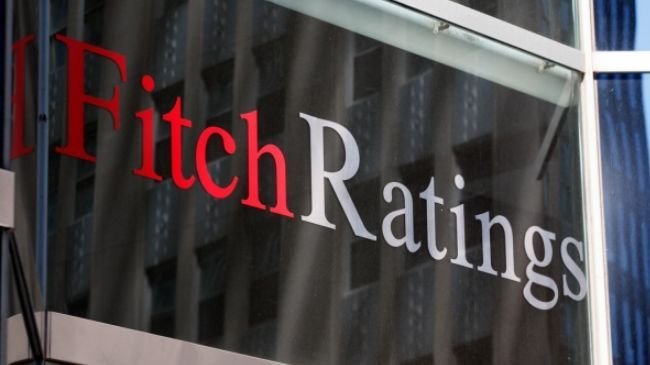Tunisia's leasing sector is likely to contract further due to tough refinancing conditions in the local bond market and tight banking sector liquidity, Fitch Ratings says. We expect the funding squeeze to continue as conditions in the bond and bank lending markets are unlikely to ease given Tunisia's tepid economic growth and challenging political environment, with a presidential election in November.
The sector was stagnant in 2018 after strong growth in 2017 and outstanding leases shrank 6% in the first two months of 2019, according to the Central Bank of Tunisia. Shrinkage continued through much of 1H19 and growth prospects for the rest of the year are weak. The difficult operating environment has also caused a steep rise in impairments this year, adding to the pressure on the sector.
Tunisia's leasing sector is small. Leasing stock was only TND4.4 billion (USD1.5 billion) at end-February 2019, equivalent to about 6% of bank lending. However, leasing companies are an essential source of finance to SMEs, particularly for vehicles and for specialised equipment used in the construction and other service sectors.
Tunisian leasing companies fund themselves through the local bond market (about 45% of funding) and loans from banks (about 55%). Total bond issuance in Tunisia fell about 20% in 2018 as rising interest rates dampened investor appetite for fixed-rate securities and dissuaded issuers from issuing at floating rates. Hannibal Lease raised only TND15.5 million of its targeted TND30 million senior bond issue in March 2019.
Local banks are finding it difficult to fill the funding gap left by the bond markets as banking sector liquidity is tight, with feeble deposit inflows lagging credit demand. Banks resort to the central bank's repo facilities for a material part of their funding (16% at end-2018).
Companies with a diverse mix of funding sources are better placed than others when funding is in short supply, as they are less exposed to the drying-up of any one source. Leasing companies that are majority-owned by banks, such as Modern Leasing, Arab International Lease and Attijari Leasing, are less exposed to the funding squeeze as the banks have a vested interest to provide funding lines if other sources dry up. Companies with established relationships with international development banks, such as Tunisie Leasing and Factoring and Compagnie Internationale de Leasing, are making efforts to tap funds from these sources.
Tunisian leasing companies face difficult operating conditions. Impairments are rising due to weak economic growth and particularly due to payment delays on public-sector infrastructure development projects, an important part of the leasing sector's business. Impaired leases jumped by a third in the first two months of 2019 and the sector's impaired leases/gross leases ratio rose to 14% from 9% at end-2018, reflecting rising impaired leases measured against a contracting stock of leases. However, the trend is likely to slow during the course of the year as recovery efforts begin to pay off.
Fitch rates seven Tunisian leasing companies, representing about 90% of the sector. For more details about the sector and the companies' ratings, see "2019 Peer Review: Tunisian NBFIs", available at www.fitchratings.com.





















































